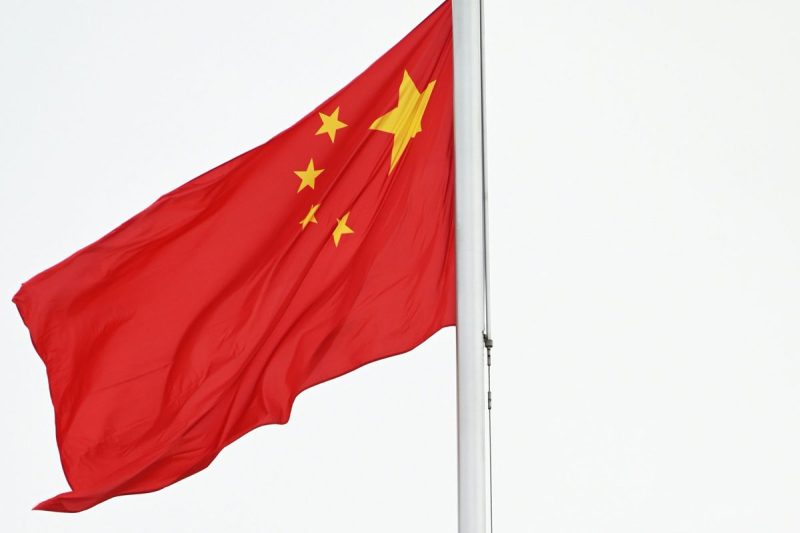China has recently implemented new export controls on strategic minerals, particularly antimony, a key material used in semiconductors and batteries, among other technologies. The controls aim to maintain China’s hold on valuable mineral resources, which account for a significant portion of its global exports.
Antimony is a critical resource for many modern technologies and industries. The primary use of antimony is as a hardening agent in lead for storage batteries and its also used in antimony compounds, which are used for flame-proofing materials and as constituents in paints.
China is the world’s leading producer of antimony, producing over 80% of global supply, which has led to concerns about its supply chain dominance. The new export controls indicate China’s intention to retain control over this strategic mineral and exercise influence in the global market.
The measures are also seen as a response to increasing global competition over control of strategic minerals, with the U.S., Europe, and other developing economies launching initiatives to diversify their supply chains and reduce reliance on China. These moves have sparked a global race to secure supplies of critical minerals needed for emerging technologies.
The controls have also raised concerns about the potential for increased prices and disrupted global supply chains, particularly in industries reliant on antimony. This includes battery and semiconductor producers, which are already grappling with supply chain pressures from the global chip shortage and pandemic-related disruptions.
It’s important to note that the implications of these export controls could reach far beyond the industries directly dependent on antimony. They could potentially accelerate efforts to diversify global supply chains and increase resource independence in nations heavily reliant on Chinese mineral exports.







